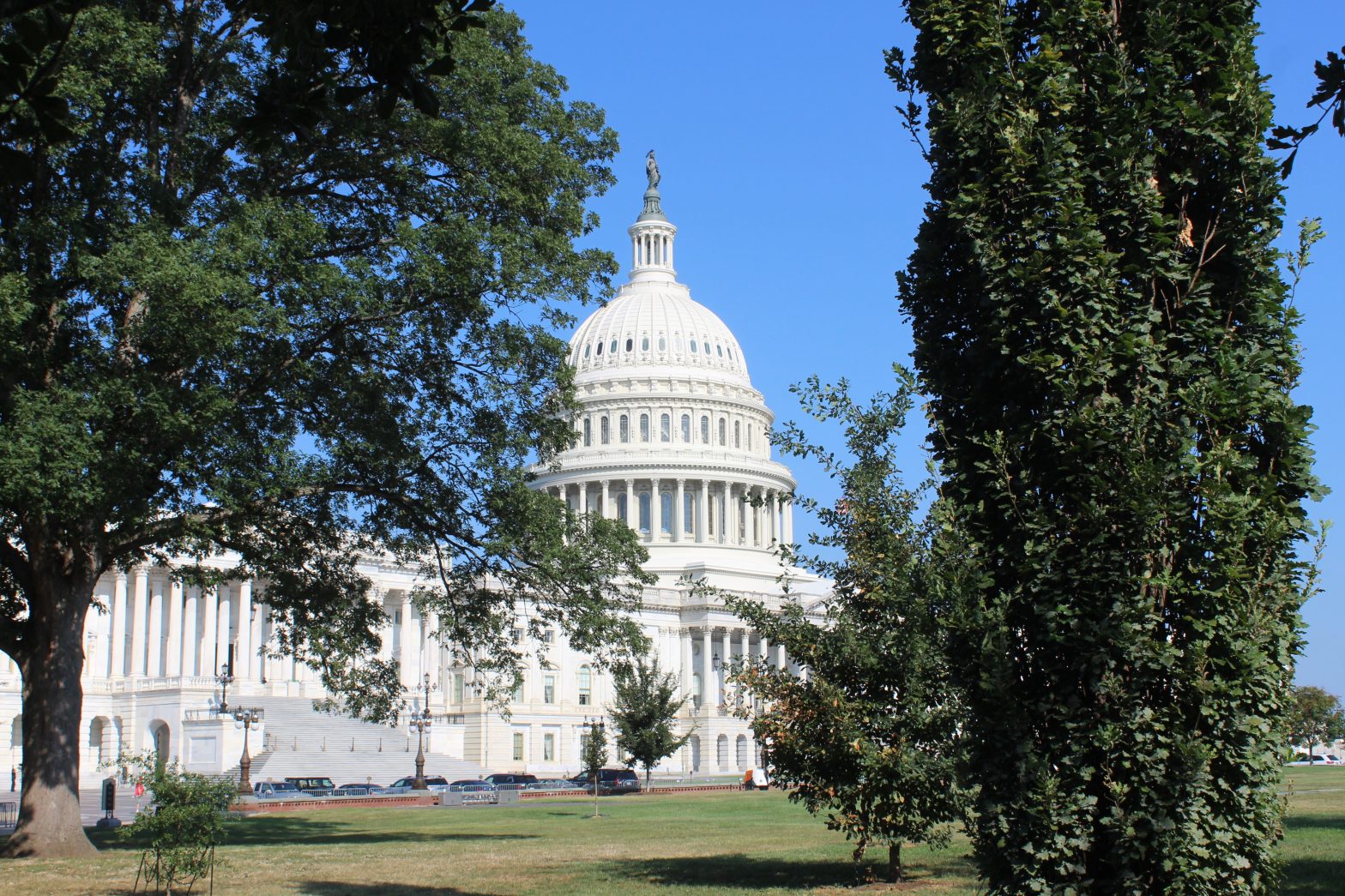Energy Companies Press Congress for Bipartisan Permitting Reform

WASHINGTON — A coalition of top energy companies is urging Congress to quickly pass comprehensive, bipartisan permitting legislation to enable the swift development of projects to meet the nation’s climate, energy and economic goals.
In a letter to the leaders on both sides of the aisle in the House and Senate, 21 companies ranging from Berkshire Hathaway Energy to National Grid to Siemens Energy Inc. said while they were pleased that many elements of permitting reform were included in the Fiscal Responsibility Act, which ended the debt ceiling crisis in June, “much more needs to be done.”
“Well-designed permitting reform will not only reduce greenhouse gas emissions: it will catalyze investment, create well-paying jobs that benefit all Americans and strengthen our national security by expanding domestic supply chains, production and processing of critical materials for low- and zero-carbon technologies,” the companies wrote.
They went on to recommend that Congress focus on five key areas for permitting reform, including community engagement, transmission, critical materials, pipelines and ensuring appropriate timelines for review.
To review what’s taken place so far: The Fiscal Responsibility Act of 2023, signed into law by President Joe Biden on June 3, suspended the federal debt limit through Jan. 1, 2025, and made a number of changes that affect federal spending and revenues.
The legislation also included several provisions that have a direct impact on the nation’s infrastructure and related projects.
For instance, the act explicitly safeguarded funding from the Infrastructure Investment and Jobs Act, precluding H.R. 3746 from setting any discretionary spending limits related to the bipartisan infrastructure law.
The final legislation also aimed to speed up the permitting process through setting deadlines for environmental reviews and further clarifying language.
However, both Biden and House Speaker Kevin McCarthy, R-Calif., said they considered the language in the bill to be but a first step and both men said they wanted to see more done on permitting reform this year.
Specifically, they spoke of advancing permitting reform legislation that would include transmission, pipelines and other infrastructure.
Given the Congress is at loggerheads over budget and a host of other issues, the letter writers conceded getting permitting reform done “will not be easy.”
“But we are committed to working with you and your colleagues to build consensus for meaningful and durable legislation.”
In regard to their five areas of focus, the energy companies say they believe effective community engagement is essential and should be considered during any revisions to the permitting process.
“Early and regular community engagement in the environmental review process can help foster trust, increasing the likelihood of project success; regular consultation provides a forum that empowers communities to play a pivotal role in decision-making processes during project development,” they wrote.
When it comes to enhancing the reliability and resiliency of the nation’s electric grid, they said Congress should take steps to ensure that authorization, permitting and siting new transmission projects are completed in an efficient manner so that companies have the certainty they need to make investments in the new power grid.
They went on to say that in their view, meeting the nation’s climate goals will require robust new pipeline and storage networks to enable the transition to a decarbonized economy.
“Congress should act to accelerate pipeline deployments and prioritize clarification of siting and regulatory authorities for novel interstate low- and zero-emission product pipelines and related storage infrastructure, including Class VI well development,” they said.
Finally, the signatories said Congress should ensure appropriate timelines for permit review and subsequent judicial review.
“The Fiscal Responsibility Act added reasonable page and time limits to the environment review process, which we believe will be effective, but more needs to be done,” they wrote.
“Accessible judicial review is a cornerstone of a good permitting process, but current timelines for review and litigation often disincentivizes the investment we need to meet our long-term climate goals,” they continued. “Congress should work with urgency to reform the existing process, across a range of applicable agencies and regulations, and ensure timelines are appropriate but do not cause unnecessary delays on projects.”
Among other things, they are seeking strict limits on legal challenges as a component of any effort to revise the permitting process.
In addition to the congressional leadership, the letter was also sent to the members of the Senate Energy and Natural Resources Committee; House Energy and Commerce Committee; Senate Environment and Public Works Committee; House Natural Resources Committee; Senate Commerce, Science, and Transportation Committee; and the House Transportation and Infrastructure Committee.
Dan can be reached at [email protected] and @DanMcCue

























